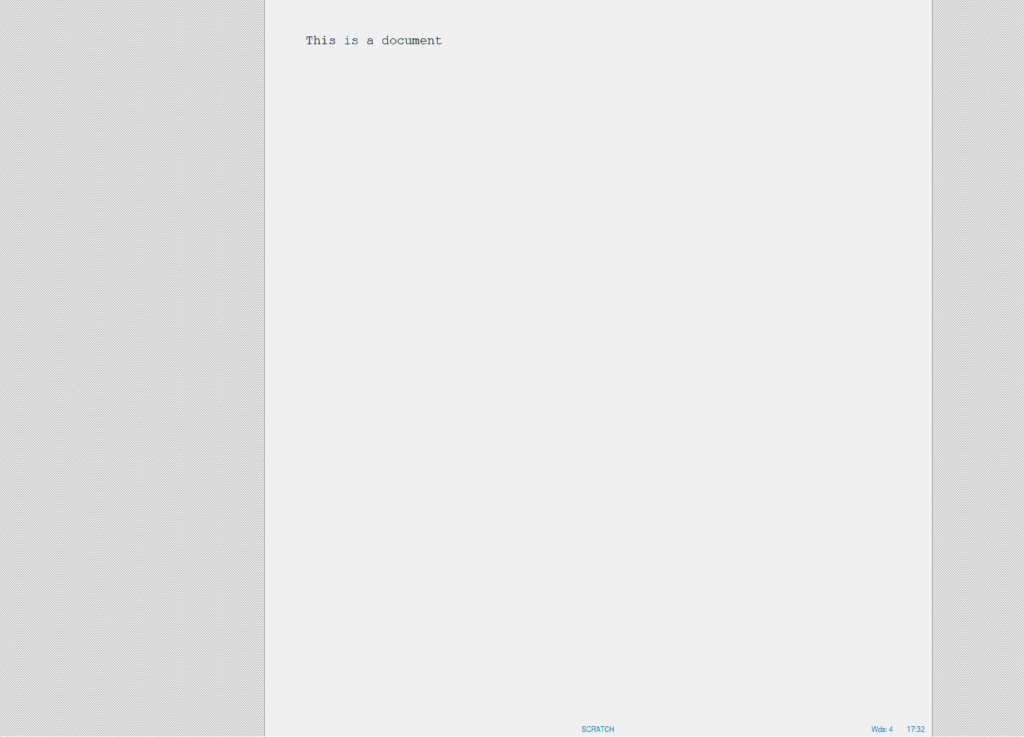In this blog post, I will talk about the topic of increasing work efficiency for researchers. This is an important topic as during a researcher’s career, the workload tend to increase over time but there is always only 24 hours every day. Thus, becoming more efficient is important. Being efficient also means to have more time to do other things after work such as spending time with your family and friends. I will share a few ideas below about how to improve efficiency for researchers.

Working on what is important
To improve efficiency, it is important to work on what is really important. For every task that a researcher wants to do, he should first evaluate how much time he will spend on the task and what will be the expected benefits. The reason is that sometimes the time spent on a task could be used to do something else that would bring more benefits for the same amount of time. For example, if someone is writing a research paper, he could spend a day on improving the quality of some figure or instead spend that day to proof-read the paper and improve the writing style. There are sometimes some tasks that we want to do that are not really important and require a lot of time. In that case, we maybe don’t need to do them.
Having a schedule and planning tasks
It is also a good habit to have a schedule to keep track of all the things that you need to do. Moreover, you can order tasks by priority to focus on the more important ones. It is also important to set goals and then try to make a plan of all the tasks that need to be done to achieve these goals.

For scheduling and planning, one can have a calendar and also a to-do list of important things to do. It is also good to keep a small book to write your research ideas when you have some to not forget them.
It is also good to do all the similar tasks on the same day. For example, if you have many papers to review, you can decide to review all of them in one afternoon rather than doing one every few days. Generally, this will be more efficient.
Working in a better environment
The work environment is also very important. It can be good for example to clean your desk, or find a quiet environment to work such as a library, to be more efficient. If you are in a noisy environment, it can also be useful to use some noise cancelling earphones or noise blocking earmuffs.

And of course, one should avoid working in a distracting environment such as while watching TVs or working in positions that decrease productivity such as laying on the bed.
Using software to reduce distractions
There are also exists some software that helps to get more focused. For example, on Windows, I use a software called AutoHideDesktopIcons that will hide the desktop, the taskbar and all opened windows except the current window. This helps to remove many distractions.

There are also exists some software for writing that have minimal user interface to make sure that one can focus on writing. This is the case for example of WriteMonkey on Windows. The user interface of WriteMonkey is basically just a blank page, which can really help to concentrate on writing (see below).

Collaborating with others and giving work to others
Another way of becoming more efficient is to share your workload with other people. For example, if you invite someone else to participate to your paper, then this person will do some work and thus your work will be reduced. If you are a team leader, you can also give some work to your team members to reduce your own work, or even hire a personal assistant or someone else to do some work for your (e.g. paying someone to proofread your papers).
Conclusion
In this blog post, I gave a few tips about how to become more efficient at research. I could certainly say much more about this but I wanted to give a few ideas. Please share your other ideas or views in the comment section, below.
—
Philippe Fournier-Viger is a computer science professor and founder of the SPMF open-source data mining library, which offers more than 170 algorithms for analyzing data, implemented in Java.





Pingback: The Hard Road to Success in Academia | The Data Mining Blog